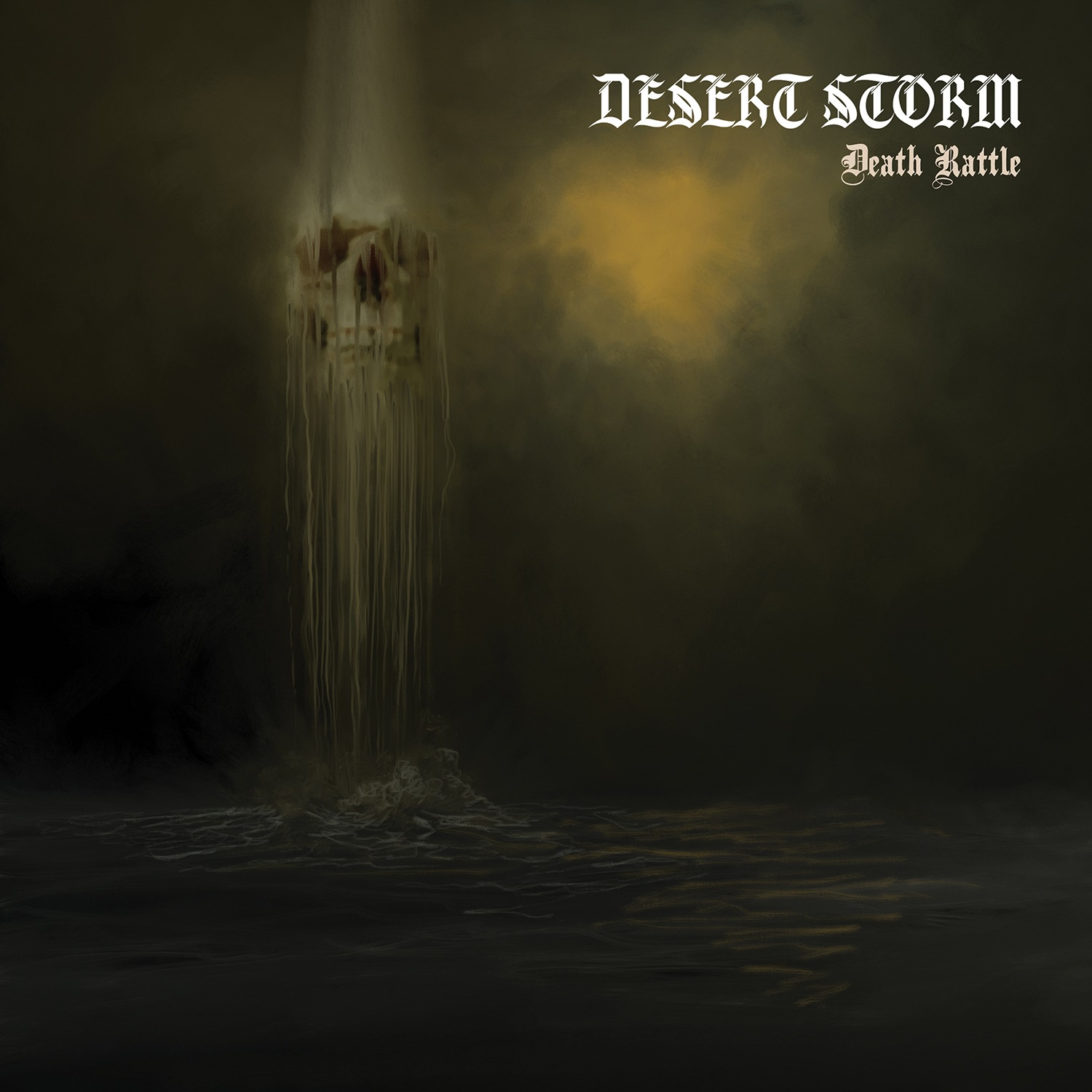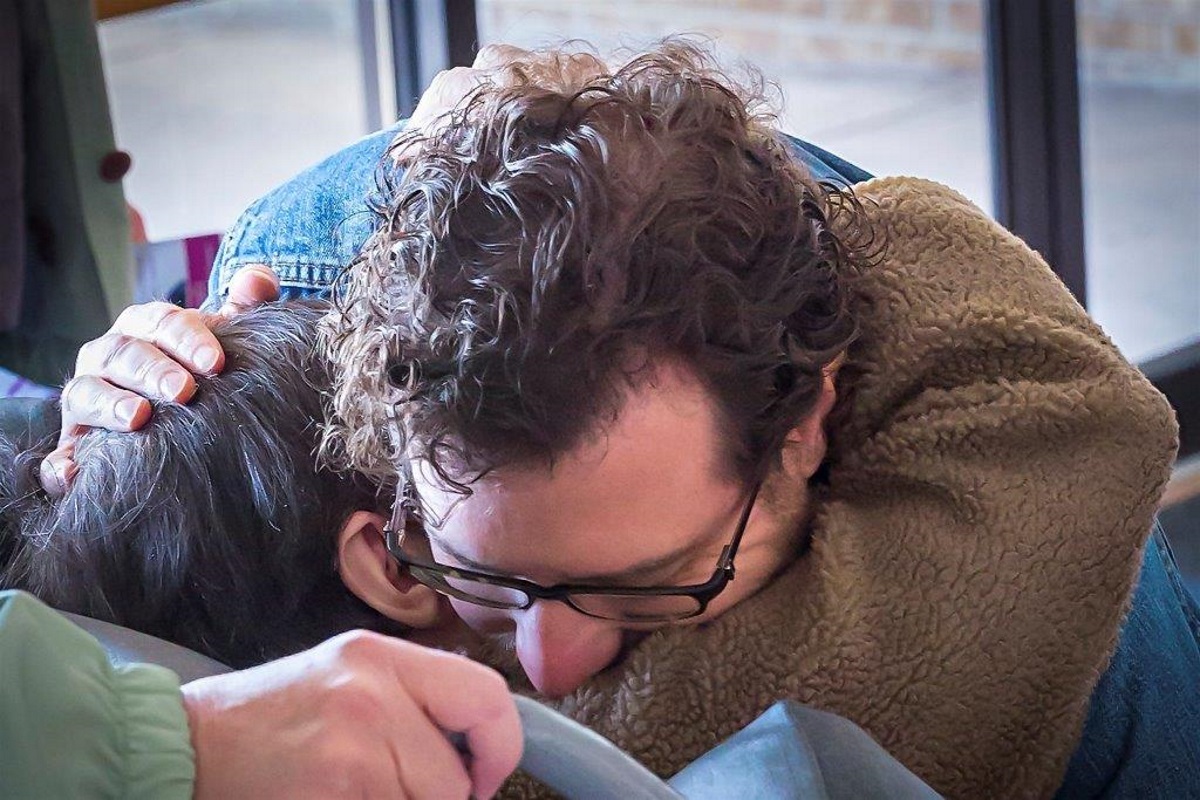Death Rattle Sound - What It Is And Why It Happens
When someone is nearing the very end of their life, there's a particular sound that can sometimes be heard, a noise that might signal they are perhaps just a day away from passing. This sound, often called a 'death rattle,' is something many people wonder about, and it's a topic that brings up a lot of questions for families and those caring for someone at life's final moments. It's a natural part of the dying process for some, and knowing a bit more about it can, in a way, bring some peace or at least a better sense of what's occurring.
This distinctive noise, a kind of breathing pattern, is actually something that happens when fluids gather in the throat and the upper air passages. It's not, you know, a sign of pain or struggle for the person experiencing it, which is something many people find reassuring to hear. Rather, it's just the sound of air moving through those collected fluids, creating a very specific kind of noise that can be quite noticeable.
The experience of hearing this sound can, for sure, be unsettling for loved ones who are present, so it's good to have some clarity about what it is and why it comes about. Understanding the nature of this sound, what it means, and what it does not mean, is, in some respects, a helpful step in supporting someone through their last moments and also in taking care of yourself as a witness to this very personal event.
Table of Contents
- What is the Death Rattle Sound?
- How Does the Death Rattle Sound Manifest?
- The Underlying Cause of the Death Rattle Sound
- Is the Death Rattle Sound a Sign of Distress?
- When Might You Hear the Death Rattle Sound?
- Who is More Likely to Experience the Death Rattle Sound?
- Managing the Impact of the Death Rattle Sound
- Understanding the Death Rattle Sound Through Visual and Audio Aids
What is the Death Rattle Sound?
The sound known as a 'death rattle' is, quite simply, noisy breathing that often shows up when someone is very close to the end of their life. It's a phrase people use in everyday conversation, a common way to talk about what medical folks sometimes refer to as "terminal respiratory secretions." This term, terminal respiratory secretions, just describes a very particular kind of sound that comes from the back of the throat. It's not, you know, a sign of pain or discomfort for the person who is dying, but rather a sound created by the body's processes winding down.
It's basically a gurgling sound that can happen when someone is dying. This noisy breathing is, as a matter of fact, a distinct marker often heard in individuals approaching their final moments. The sound itself is a result of something quite specific happening inside the body, a natural occurrence for some people as they draw near their last breath. It's a way the body, in its final stages, processes air through areas where fluids have gathered.
How Does the Death Rattle Sound Manifest?
The way this particular death rattle sound makes itself known can vary quite a bit. Sometimes, it might sound like a crackling, wet sort of noise, and this sound can, in a way, get louder as the person takes each breath. It's almost like hearing something bubbling gently, or perhaps a soft crackling noise, which can change in how loud it is. This volume, you see, often tends to get stronger as the person keeps breathing.
In other instances, the death rattle sound might come across as a gentle moaning with each breath, or it could be very, very loud, perhaps even sounding like snoring. It's a wet, gurgling, or rattling sound as patients breathe, that's what the text tells us. The range of how it sounds is quite broad, from something that might be subtle to something that is quite pronounced and easily heard. It's just a little bit different for each person, so you might hear variations.
To be honest, the sound itself is created by air moving through fluid. Think of it like blowing bubbles through a straw in a drink; it's that kind of wet, bubbly noise, though, of course, it's happening inside the body. The text describes it as a crackling, wet sound that you hear at different levels with each breath. It can also, apparently, sound like snoring at other times. This range of sounds is a key characteristic of what people refer to as the death rattle sound.
The Underlying Cause of the Death Rattle Sound
So, what exactly brings about this particular sound? The primary reason behind the death rattle sound is the gathering of fluids in the throat and the upper airways. These fluids can be things like saliva, which is what we call spit, or bronchial secretions, which are basically fluids from the tubes that carry air to and from your lungs. When a person is very unwell and nearing the end of their life, their body's ability to clear these fluids, say by swallowing or coughing, often slows down or stops altogether.
As a matter of fact, when these fluids build up, and air still passes through them during breathing, it creates that distinctive noise. It's not something the person can control or even really feel, as they are typically in a very deep state of rest at this point. The sound is simply a physical manifestation of air moving through an area where fluid has accumulated. This is the simple explanation for why the gurgling sound when dying happens.
Is the Death Rattle Sound a Sign of Distress?
This is a very common question, and it's one that causes a lot of worry for family members. The good news is that, generally speaking, the death rattle sound is not a sign that the person is in pain or struggling. The sound is really more of a reflection of the body's natural processes slowing down and the person being in a very deep, unconscious state. They are, in essence, beyond feeling discomfort from this particular sound.
For the person experiencing it, the sound itself doesn't cause distress. It's a sound that is heard by those around them, and it's the listeners who often feel upset or concerned. That's why, you know, understanding what it truly is, and what it isn't, can be very helpful for those supporting someone in their final hours. It's a physical noise, not an indicator of the person's internal experience of pain.
When Might You Hear the Death Rattle Sound?
The death rattle sound often shows up when someone is very close to the end of their life. There's a particular noise our bodies will make if we're just about 24 hours away from dying, and that's something known as a 'death rattle.' This timeframe isn't an exact rule, but it gives a general idea of when this sound might become apparent. It's a marker that the body is truly entering its final stages.
It's usually heard when the person is no longer able to clear their throat effectively, which is a sign that their body's systems are shutting down. This can happen relatively quickly, say in the last day or so of life. So, when you hear this kind of sound, it's typically an indication that the person is in the very last phase of their existence.
Who is More Likely to Experience the Death Rattle Sound?
While the death rattle sound can appear in anyone who is nearing the end of their life, the text mentions that it appears to be slightly more common in females. However, it's important to remember that this is just a slight tendency, and it certainly doesn't mean that males won't experience it. It's a phenomenon that can affect any individual as their body begins to shut down.
Basically, anyone whose body is going through the process of dying, where fluids might gather in the airways and the ability to swallow or cough is diminished, could potentially experience this sound. The slight difference noted between genders is just an observation, not a hard and fast rule that determines who will or won't have this particular sound. It's, in a way, a part of the human experience of dying for many people, regardless of their background.
Managing the Impact of the Death Rattle Sound
While the death rattle sound itself isn't a sign of distress for the person who is dying, it can, quite naturally, be distressing for family members and those providing care. The text suggests that understanding how it's managed is about reducing this distress for family and healthcare providers. The focus here is on the comfort of those witnessing the process, as the person themselves is typically beyond feeling bothered by the sound.
The goal of any approach to this sound is to help the family feel more at ease and to ensure that the environment is as calm as possible. It's not about trying to make the sound go away for the person who is dying, because they are not bothered by it. Rather, it's about providing comfort and reassurance to those who are present, helping them to understand that this is a natural, if sometimes jarring, part of the dying process

Death Rattle: What It Is, Causes, Treatment, and More | Osmosis

ALBUM REVIEW: Death Rattle - Desert Storm - Distorted Sound Magazine

What Is The Death Rattle Sound